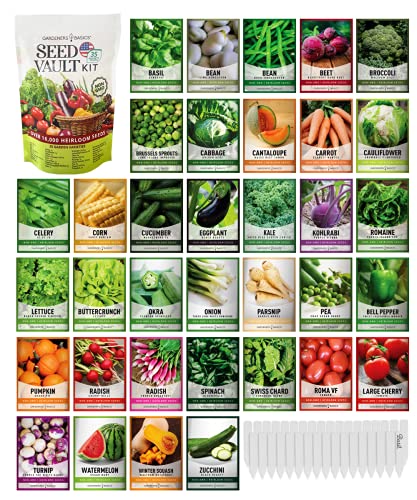Personally I find the use of hydrometers a bit quirky, due to the following ;-
1). firstly if your taking an initial reading and there is fruit in the primary, the fruit in the primary wont be factored into the reading, although it will contribute towards the final alcohol content.
2). basically as above, any initial readings will only read the dissolved sugar content.
2). if your taking a final sg reading using an alcohol content hydrometer, you have to bear in mind that there may well be, dissolved things in the final wine which may affect sg readings. Which may well contribute towards an artificially low reading. While they may well be accurate for alcohol from a still, that`s a bit different to wine which has dissolved content from the fruits and stuff you have added.
bearing these things in mind, I find you need to roughly work out what u are expecting from your wine in an abv kind of way, for me I mostly use the sugar I have added as a rough guide and mostly add a few abv on top because of added fruit or juice, for me that's the most accurate way, there being a bit of variation in accuracy, as long as im in the ball park and over the 10% abv cut off im kind of happy,in the knowledge that it will preserve and have a fairly accurate knowledge of its final abv. Bearing in mind the estimate can vary within a few % abv but basically as accurate as can be assessed, also, bear in mind if you back sweeten or add an f pack or alter the contents, that too will alter final abv a bit too.
Adding an f pack, or, back sweetening will also make an alcohol hydrometer more inacurate.
Even if you use a wine calculator, the results can vary slightly from what is expected, as, sugar content in fruit can vary slightly from what is expected, but, you will have a very close ball park figure to work with.
I like wine making here, but, my % abv which I put on my labels, probably do vary a bit from the actual content due to the above, however, I know im in the ball park within a few % abv.
All of the above comments are a good reason for keeping notes, even if just basic ones.
Having said all of the above, kit wines or wines made from, commercial juice should be fairly easy to calculate % abv very accurately.




















![[Upgraded] 9Pcs Tree Root Growing Box with Drain Holes, Half Transparent Plant Rooting Propagation Ball & Metal Core Twist Ties, for Fast Propagation Plants (Size M)](https://m.media-amazon.com/images/I/514MWQxtWOL._SL500_.jpg)
































